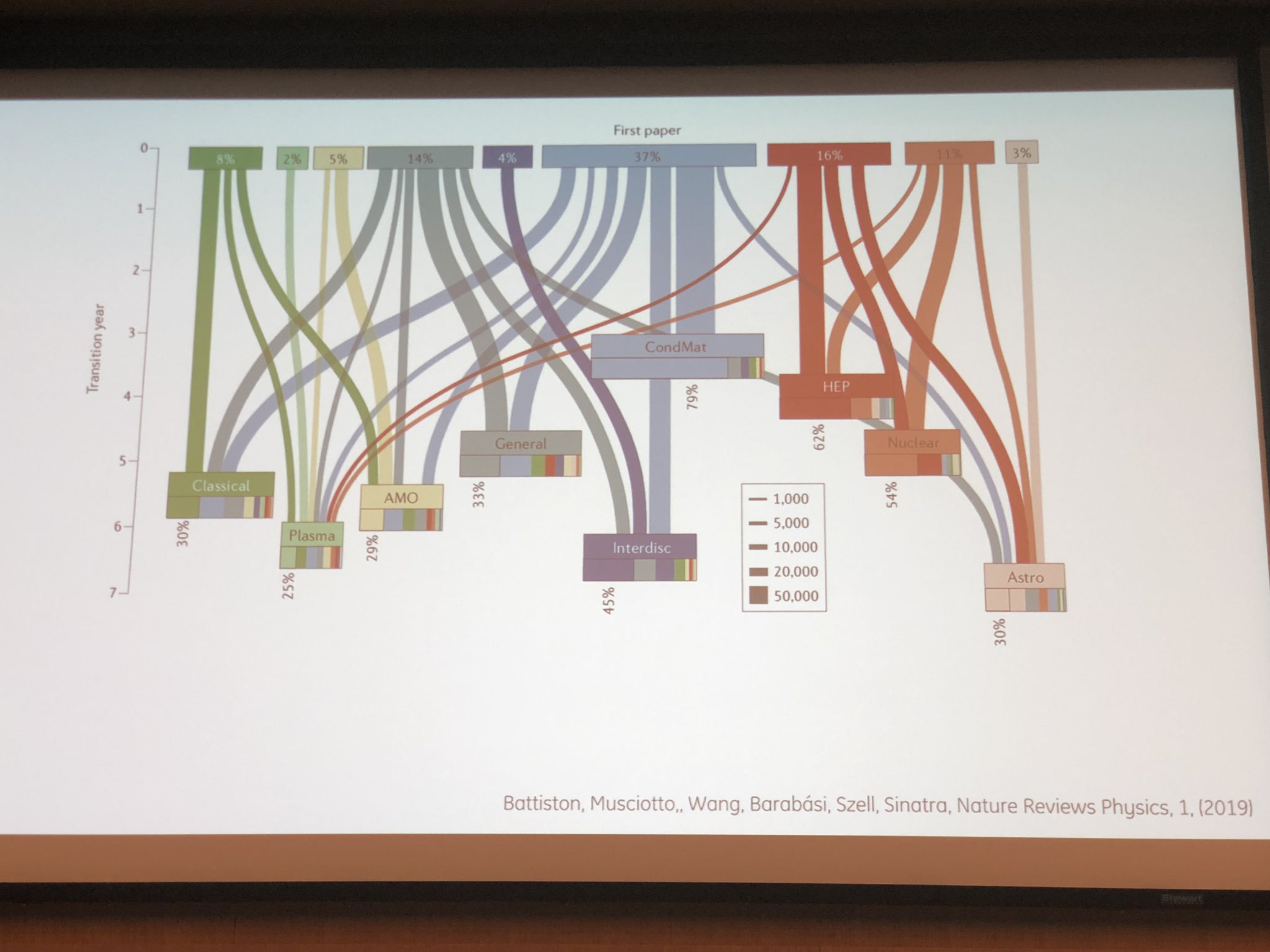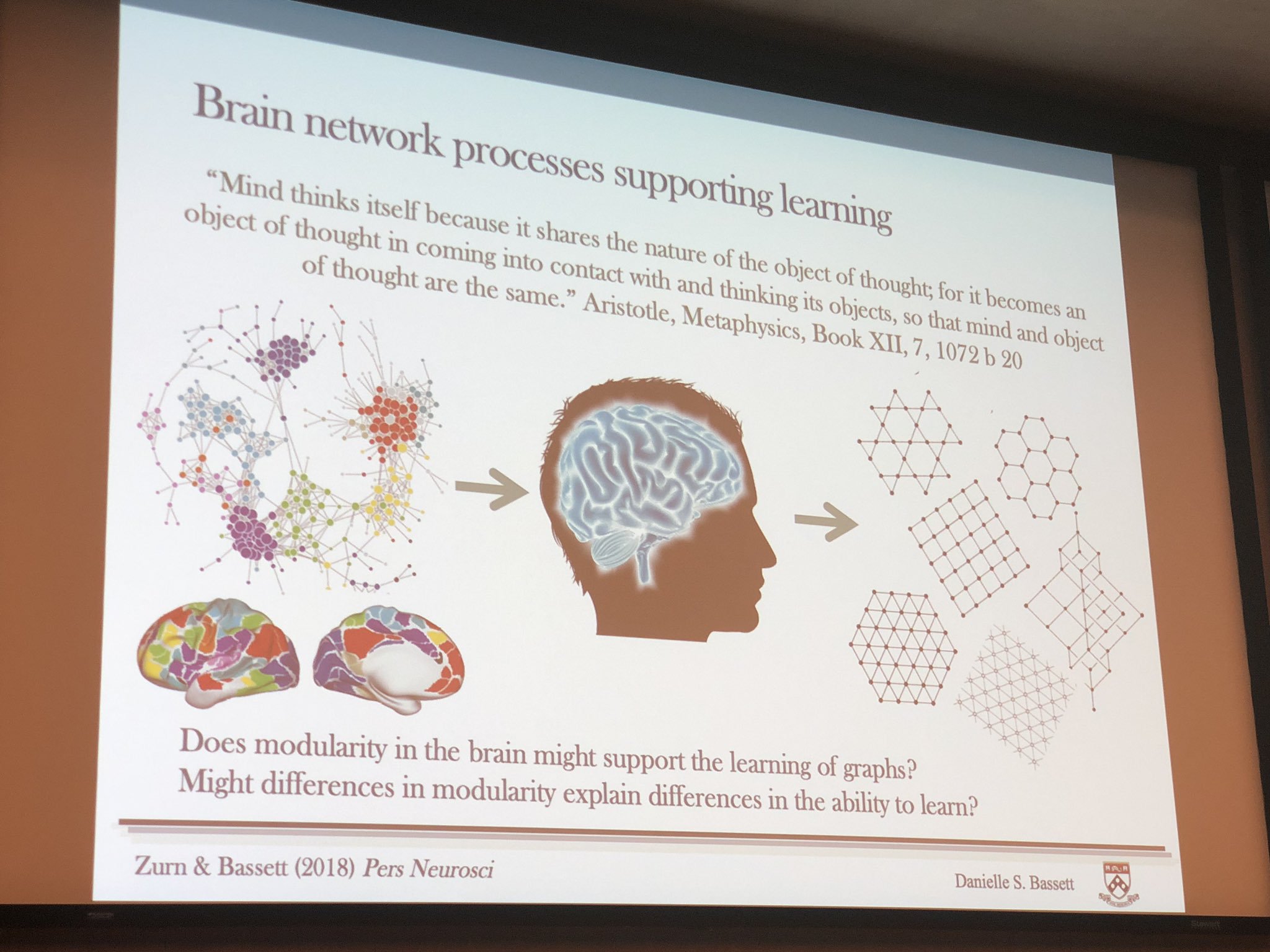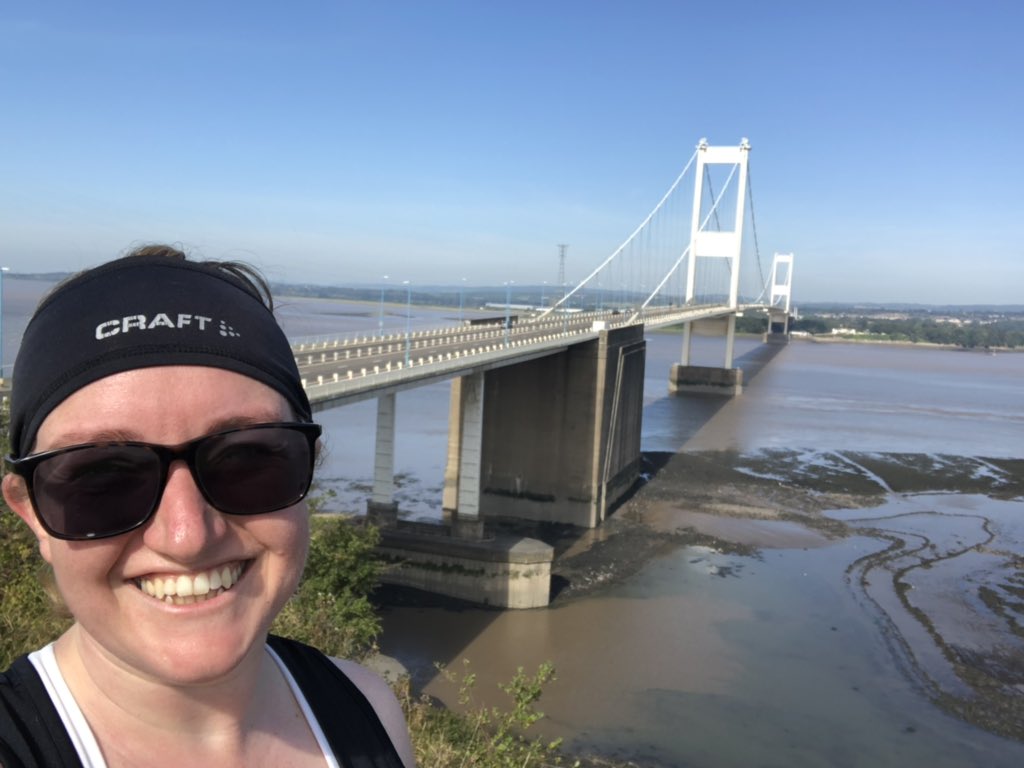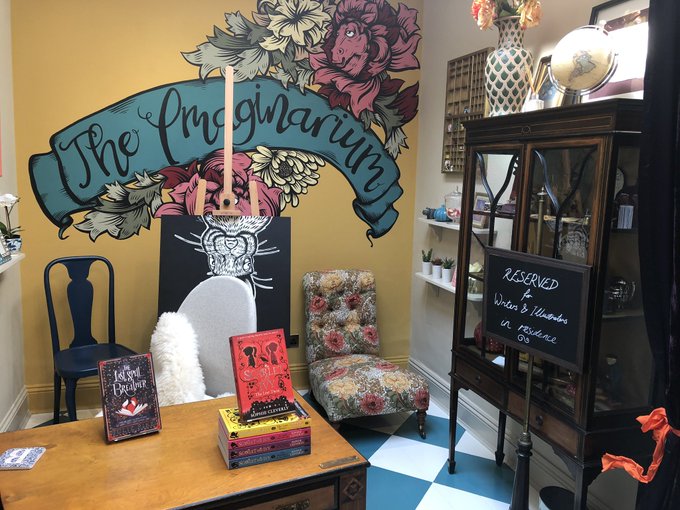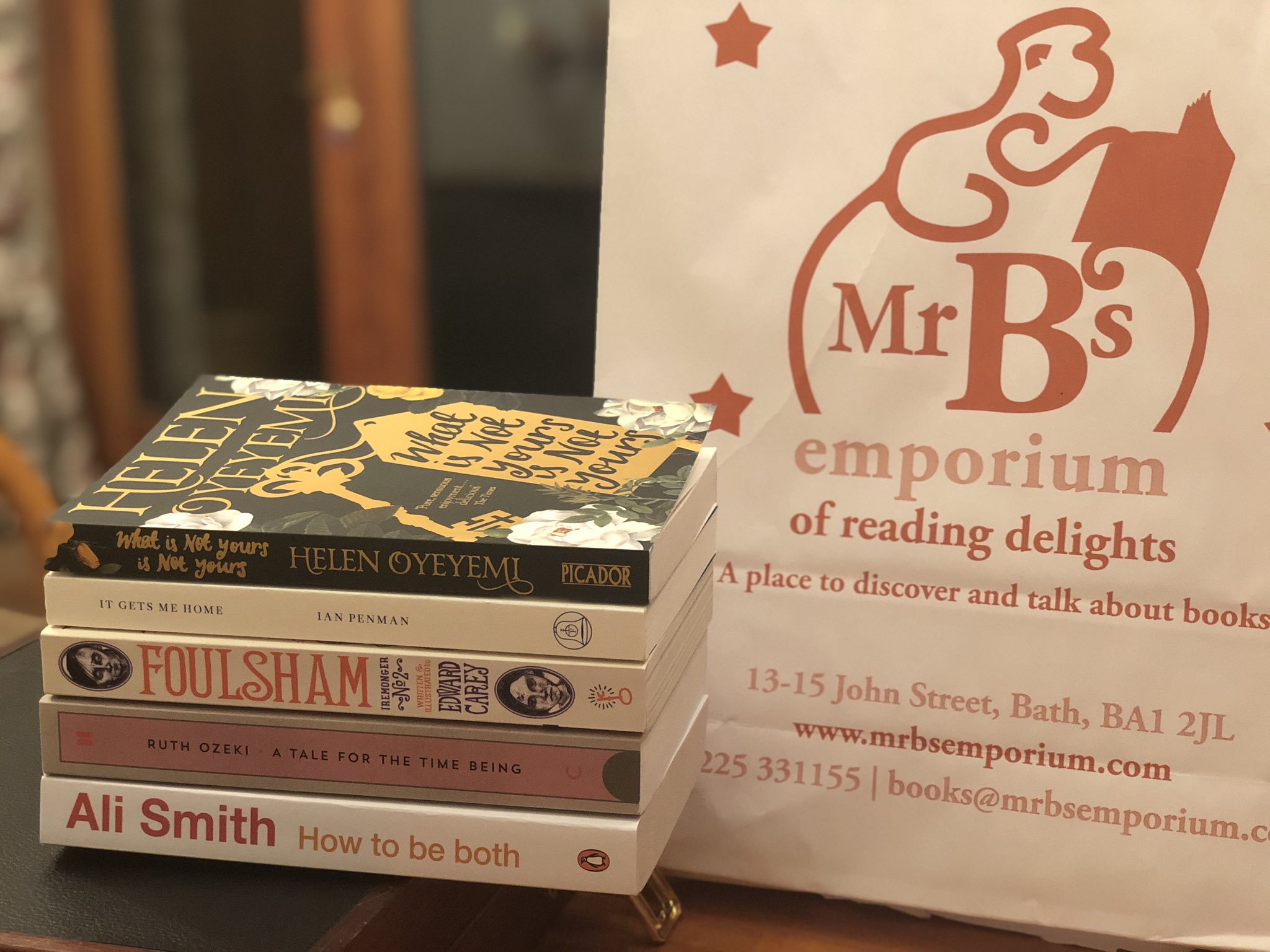Lab Meeting on 29 August 2019
A few of the lab members were at the Cambridge Networks Day today, and so we cancelled lab meeting in real life.
There were still lots of great discussions and updates in the hackmd though. Keep reading to hear more!
Celebrations and cool things to share
Kirstie is super proud of Google Summer of Code students Ruslan and Monica who have published their final reports! Congratulations, and thank you for all the great work ✨
- Ruslan’s final report: https://whitakerlab.github.io/blog/Ruslan-Final-Report-GSoC19
- Monica’s final report: https://whitakerlab.github.io/blog/Monica-Final-Report-GSOC19
Elizabeth is enjoying learning about Sphinx-Gallery and realising that it can embed HTML reports!!
She’s using this information to document her contribution to Nilearn to visualize NiftiMasker.
Very cool stuff!
Christina is celebrating the fact that the Turing has microwaves because she’s working so hard on her report that she doesn’t manage to leave the building for lunch.
Good luck Christina! And take care of yourself 🤗
Ang is looking forward to Cambridge Networks Day, particularly in the context of following the progression of neurodegeneration diseases, such as Parkinson’s as done in a recent paper: doi: 10.1038/s41593-019-0457-5 (💰, not open access).
Yini attended the Hangzhou Global Qipao Festival 2019 London last weekend. Qipao, or cheongsma, is a traditional Chinese dress and many Chinese ladies will wear it to show respect on important occasions. For example, it was worn during the two world wars and carried the symbol of promoting gender equality and national support.
Malvika and Yo were accepted to be part of the Mozilla Open Leaders X programme. Congratulations! We’re so excited to learn from your experiences 🎉
Questions we’re thinking about
Yo asked for suggestions to learn the statistics of data science. We recommended:
- Research Methods: A Process of Inquiry
- An Introduction to Statistical Learning
- The JHU Data Science specialisation on Coursera
- Head First Data Analysis
Elizabeth and the Binder Team are thinking about a Binder based journal (see the twitter thread for more information). Maybe something like eLife’s computationally reproducible article?
Christina is thinking about Self Sovereign Identity (SSI) in the context of empowering people online and curious to learn what other’s think.
(She’s also wondering why Kirstie hasn’t send her the updated guidance for the Turing Ethics Advisory Group. Sorry –KW 😬😱😭)
Sarah will present on the “RSEs Worldwide: Collaborating Across Borders” panel discussion at RSEConUK in a few weeks and is thinking about the barriers to contributing to open source project (and collaboration in general). Yo shared some notes from a similar discussion that she led at Mozilla’s Annual Festival (MozFest) from 2017.
Georgia will be attending eLife’s Innovation Sprint next week and is wondering about tips and tricks for your first hackathon. Our crowd sourced advice included:
- Pick a hack project you’re really interested in, even if implementing it sounds challenging. You’ll be more motivated to learn challenging things if you’re invested in the overall project.
- Don’t be afraid to say things like “I’m not confident with this” or “I don’t know how to use this language”. Probably someone else on the team will, or no one will and you’ll learn together!
- There’s always something you can do that is useful to the project. If you’re feeling overwhelmed with the coding side, offer to write documentation instead? It’s often overlooked but it’s the first port of call for any new user.
- HAVE FUN! Hackathons are a great way to meet new people with similar interests to you and share knowledge.
- Two days is a relatively short time when you factor in lunch, progress reports, “it didn’t install properly”, etc so always make notes for what future work others can do and why/how to do so.
- If you have a fun idea that can’t be done during the hack, set concrete actions for how it will be followed up. Ideas flow FAST in hackathons, but there isn’t enough time to do all of them.
- Design-hacks are totally a thing. Sketch up your awesome idea (pencil and paper is fine) and think carefully about how it could work. Photograph your sketches, document those ideas. Maybe someone else, or future you, can implement it later.
Louise is wondering about best ways to keep GitHub notifications organised. Maybe octobox or devhub?
Ang is interested in resouces to learn Python. Kirstie shared some resources from Neurohackademy:
- Introduction to Python repo, recording
- Numerical computing in python repo, recording
- Python tips and tricks (this one is the most advanced) repo, recording
- Visualisation with matplotlib repo, recording
And to finish, Yini started an interesting discussion about cultural differences across countries. Specifically, she’d been told that she holds her opinions about Chinese policies because she’s been brainwashed, which she and Kirstie agreed was a very patronising and rude interpretation of her words. We discussed disagreeing with a nation’s politics (for example the UK’s current prime minister on Kirstie’s part) while also being treated respectfully in conversations.
To quote Kirstie’s advice: “I’m sorry you had such an unpleasant experience, Yini. If someone is only talking to you to try to change your mind I’d say you don’t have to be part of that conversation. If they really want to hear your opinions (even if they disagree) then they should be able to do that politely.”
Some fun pictures
Here are some favourite pictures from Cambridge Networks Day, and Kirstie’s holiday to the Cotswolds.
